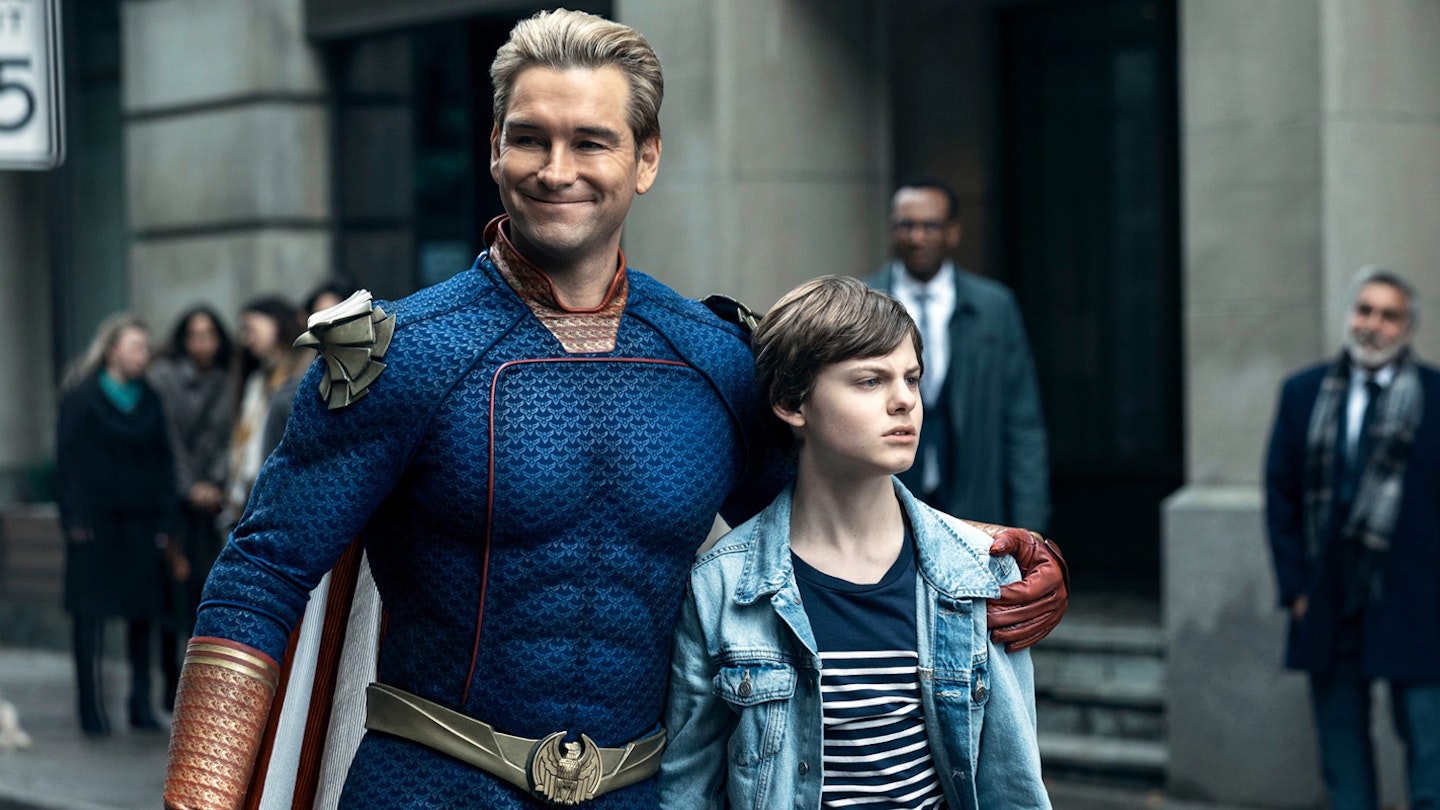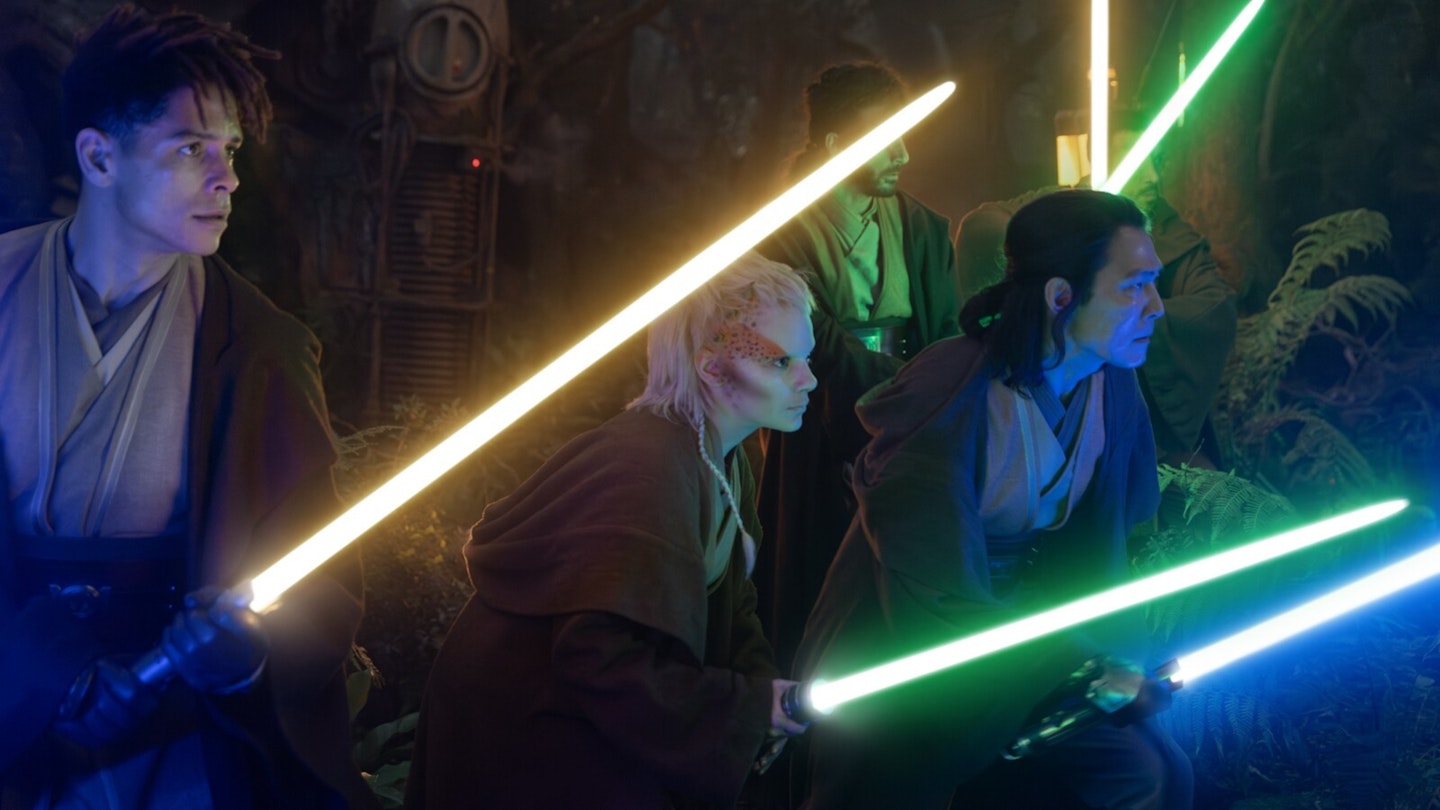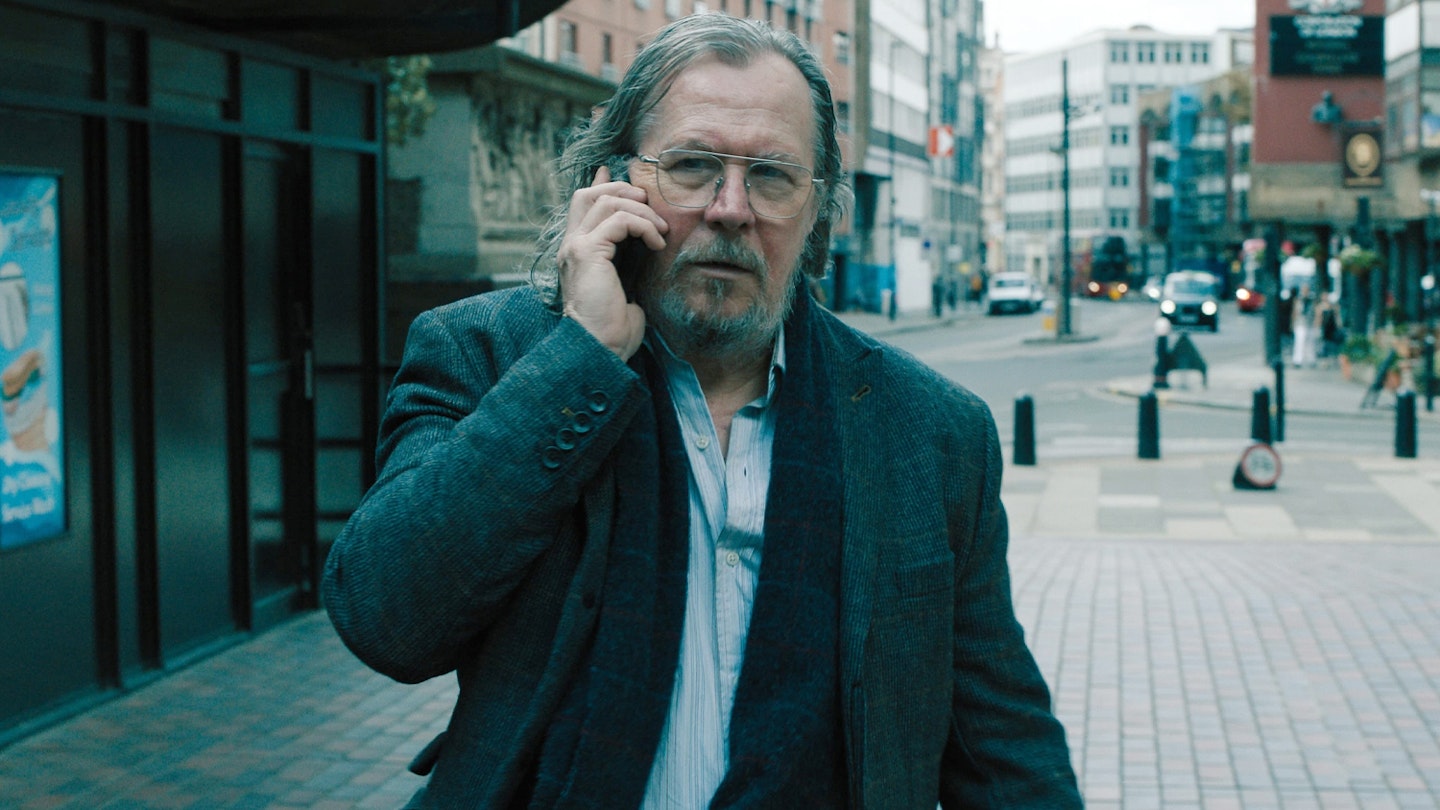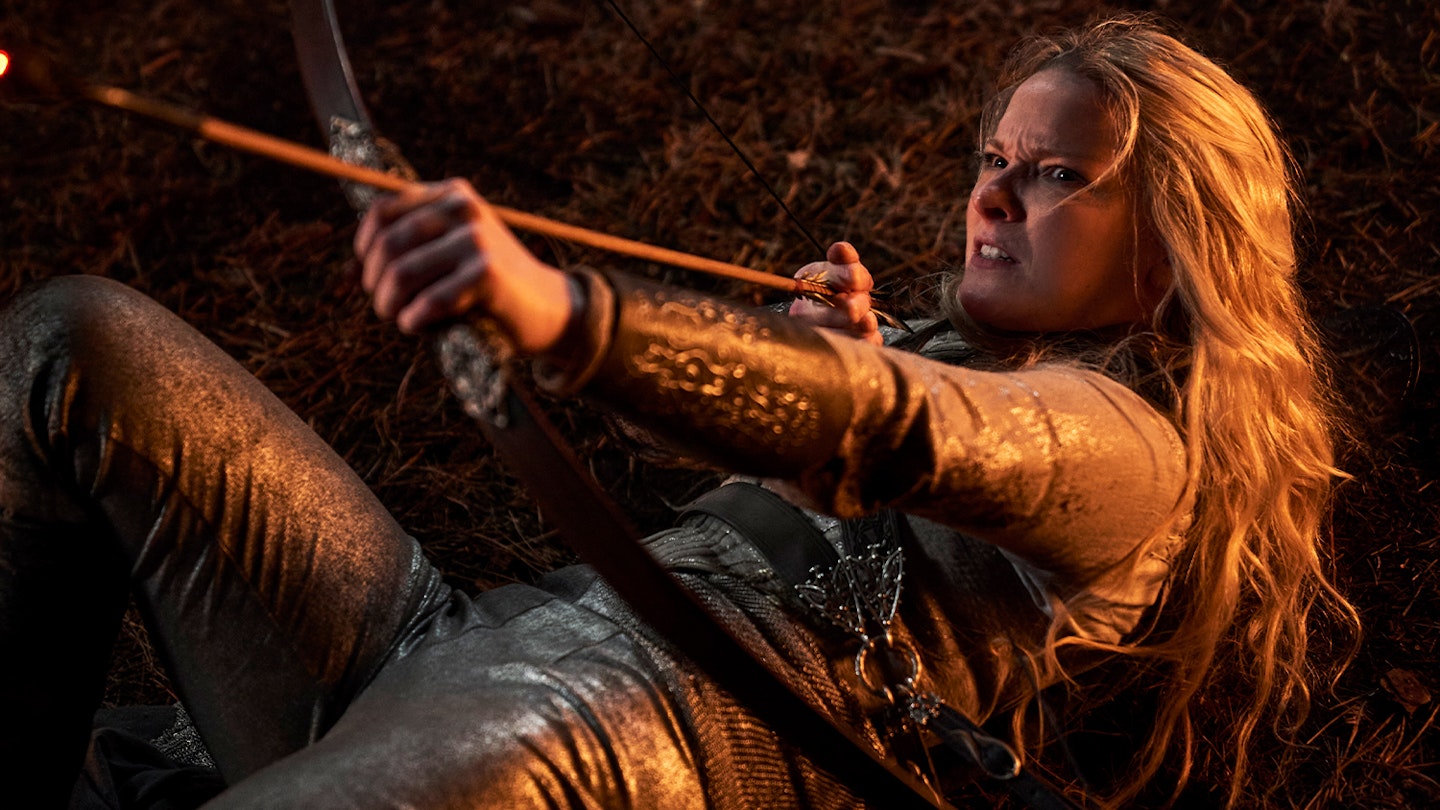Damn. I never did get around to watching The Boys Season 4. It isn’t that I’m not bothered – I love The Boys. But I missed it on the weekly episode rollout. My free time was already going to House Of The Dragon Season 2 (way better than the detractors said) and The Acolyte (RIP, gone too soon); which also meant I didn’t manage to binge The Rings Of Power Season 1 in time for Season 2 starting. I really need to start The Penguin, too, but I’ve already begun Agatha All Along and Only Murders In The Building Season 4, so I’ll just try and keep up with those for now. And I’d heard good word about KAOS – the Greek God drama with Jeff Goldblum as a paranoid, tracksuit-wearing Zeus. Except, that show just hit the Netflix scrapheap a mere six weeks (six weeks!) after it launched. Film and TV is basically my job, and even I can’t keep up.

There’s something undeniably broken about the streaming model. The early promise of the streaming era – unlimited, quality series and movies beamed directly to your home, for a negligible monthly fee! – has soured. It’s not just the rising subscription costs, the variable quality of output and the unexpected disappearing acts (where are you, Willow?) that are killing the dream. It’s the pressure, the rush, the whack-a-mole game of trying to watch something before it’s unceremoniously yanked, amid a deluge of never-ending ‘content’. With so many high-profile shows culled after a single season (KAOS, The Acolyte, Lockwood & Co., The Midnight Club, to name but a few) it feels clearer than ever: you need to be an instant mega-smash to avoid the axe. Across multiple platforms, streaming services are expecting audiences to watch everything now to prove their interest. Even for series with critical acclaim, the omnipresent executioner looms.
Streaming services are over-feeding and starving their audiences at the same time.
It has, to an extent, always been this way – even in the old network TV model, fans would keep a close eye on weekly ratings to get a sense of whether their favourite show might come to an abrupt end. But that was a time of limited channels, and weekly episodic instalments; miss it this week, it’s gone the next. The promise of streaming was something different: you’d pay your (originally much lower) fee to access a library of must-see shows for any taste, and when and how you watch is entirely up to you. Increasingly, streamers instead feel like a graveyard of half-finished ideas, quick-win crime docs and cake-based competitions. Any new big-name drama arrives accompanied by an unspoken question: ‘But will it actually get to go somewhere?’ Early on, Netflix’s bonus Arrested Development seasons, its revival of Gilmore Girls, and the long-awaited Deadwood movie on HBO Max sent a clear message: TV was where your favourite series went to die; streaming is where they live forever. Not anymore.

Instead, streaming shows are often tantalising opening chapters destined to fly or fall, regardless of quality, based purely on eyeballs and footfall. It’s all the more galling since many of the greatest shows of all time – often from cable channels, which the streaming services looked to emulate in quality of writing and glossiness of production – took several seasons to find their audience. Most famously, Breaking Bad was barely a hit until it went to Netflix, and audiences hoovered up several seasons in a single go like it was pure blue meth. The Wire wasn’t a huge hit until after it ended. Everyone is still looking for ‘the next Game Of Thrones’, despite Game Of Thrones only becoming Game Of Thrones with Season 3’s gut-punching Red Wedding finale.
Many of these streaming series are great, when you come around to actually watching them. I was late to both Silo and Severance on Apple TV+, two shows of which I’m now feverishly anticipating the second seasons, bingeing them after their weekly drops had finished. I dipped a belated toe into Only Murders earlier this year, and quickly became a permanent resident of The Arconia. The world at large is getting increasingly hooked on Slow Horses, now with four full seasons to devour once new audiences see how brilliant it is. For All Mankind is slowly transforming from the best show nobody watches, to the best show some people actually do watch and immediately rave about. That sense of discovery, of quality, is what streaming was meant to be all about. Instead, services are over-feeding and starving their audiences at the same time – there’s way too much to watch, but none of it lasts.

There does seem to be a sense of awareness around the problem. Recently, Netflix promised to take both 3 Body Problem and Avatar: The Last Airbender to some kind of conclusion. Max ordered a third season of House Of The Dragon before the second had even aired, a clear statement of confidence in the ongoing story. The writers of The Rings Of Power plotted out the entire five-season run before producing a single episode.
There’s little sense that the worst offenders have any conviction in the stories they’re telling.
But those feel like the ones that got away, the exceptions rather than the rule. The current streaming landscape is a barrage of cancellation after cancellation – there’s little sense that the worst offenders have any conviction in the stories they’re telling, no long-game confidence that a compelling narrative will find an audience, and that financial investment will pay off down the line. Plus, the budgets to make a cable-plus quality streaming series are simply so high that the financials don’t make sense – promising shows are chucked into the sea with concrete boots on and expected to swim.

Ironically, the word for it is ‘chaos’. And audiences are the ones paying for it – quite literally, in greater quantities, too, as fees rise and rise – not knowing where and how to invest their time when any show they watch might get whacked. I don’t have the answer. I don’t really have time to find one either – if I don’t get started on The Penguin right now, it might never come back.
